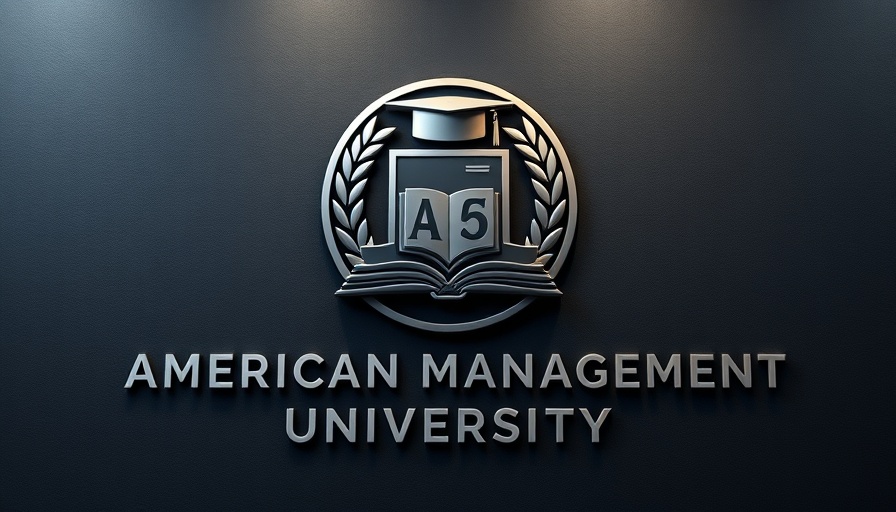
Urgent Call for Educational Reform in Free State Schools
The Democratic Alliance (DA) is ramping up pressure on Free State Premier MaQueen Letsoha-Mathae to urgently address the deteriorating conditions in schools within the Metsimaholo Local Municipality. This came after troubling findings from recent oversight visits, which revealed that multiple educational institutions are languishing in a state of neglect.
Unfinished Business: The State of School Infrastructures
A visit led by Dr. Igor Scheurkogel, a member of the DA's National Council of Provinces, unveiled alarming delays in school construction, particularly highlighting HM Mthombeni High School where construction has been ongoing since 2019. A staggering 20 out of 28 classrooms lack electricity, rendering them unfit for purpose. Moreover, Taaibos Primary School continues to function under sharply inconvenient conditions, with food being served from an incomplete feeding scheme kitchen, exposing students to the elements.
The Human Cost of Neglect
Local councillor Stone Makhema has voiced the community's grievances, stating, "Classrooms are without electricity, unsafe kitchens, and half-built facilities have put learners at risk. Promises made years ago remain unfulfilled." As parents and students plead for urgent action, it is crucial to take a deeper look at how such negligence impacts not only educational outcomes but also the broader socio-economic fabric of the community.
Political Context: Aligning Power and Responsibility
In light of the upcoming 2024 general elections and the continued discussions surrounding political realignment, the DA’s call for intervention underscores the tension between the governing coalition, led by the African National Congress (ANC), and the rising presence of opposition parties like the DA and the Economic Freedom Fighters (EFF). The public’s frustration over poor service delivery can be a pivotal issue in the upcoming elections, driving voter turnout as constituents seek accountability from their leaders.
Future Implications: Educational Reform as a Path Forward
Failure to address these pressing educational needs may deepen the chasm of income inequality and youth unemployment that plagues many communities throughout South Africa. As the government pushes for policies like the Basic Education Laws Amendment (BELA) Act and youth empowerment initiatives, it remains to be seen whether these systemic reforms will be prioritized. The dire state of education often reflects broader challenges, including land reform and economic policy, exacerbating public unrest.
Challenges Beyond the Classroom
As we examine the intersections between education and broader socio-political issues, it’s essential to consider historical grievances tied to racial reconciliation, gender-based violence, and the existing frameworks that govern our education. The demographic makeup of students in these schools reveals a truth: educational neglect is often a systemic issue that disproportionately affects marginalized communities.
Concrete Steps Toward Improvement
The DA's call for immediate intervention must translate into concrete actions. Engaging with local communities and improving government transparency are critical. Initiatives that bolster educational budgets, focus on better infrastructure, and offer mental health support for students will create a healthier learning environment and, in turn, a more robust economy.
Community Voices: The Soul of the Matter
It is vital to amplify local voices. Parents, educators, and students alike must share their experiences and advocate for systemic change. Public sector reform should prioritize educational systems, leading to more equitable resource distribution and ensuring that all learners have access to safe, functional, and supportive environments.
The DA urges Premier Letsoha-Mathae to align governmental priorities with community needs. As society looks to the next elections, let us hold our leaders accountable for addressing the critical issues that influence the lives of our children and, ultimately, our collective future.
Engaged citizens must step up: advocate for change, demand accountability from local leaders, and participate in community initiatives aimed at addressing educational inequities.
 Add Row
Add Row  Add
Add 




Write A Comment